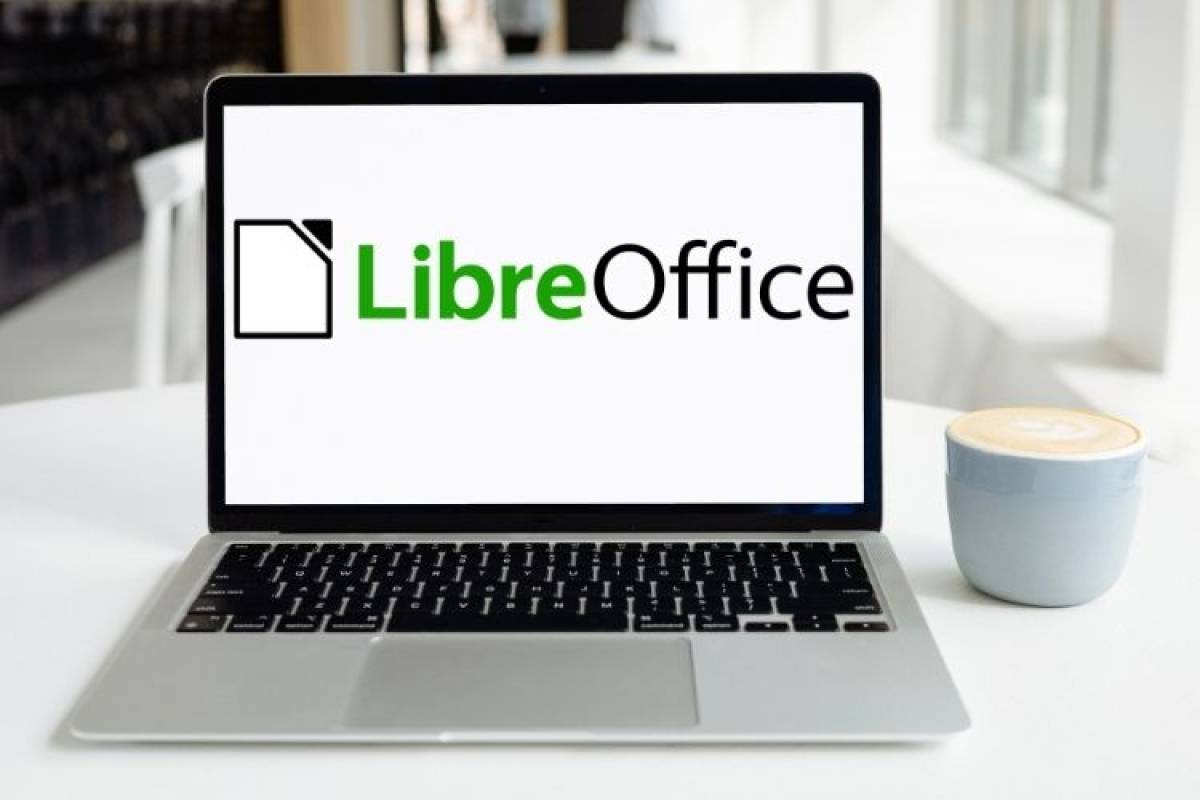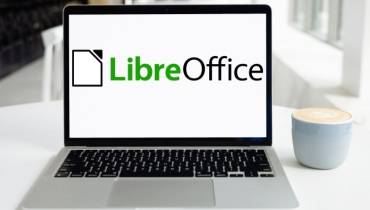LibreOffice 7.4 Community Launches, a New Benchmark for Interoperability

LibreOffice 7.4 Community, the new major release of the volunteer-supported free office suite for desktop productivity, is now immediately available to download for Windows, macOS (Apple Silicon and Intel processors), and Linux.
Based on the distinctive features of the LibreOffice Technology platform for personal productivity on desktop, mobile, and cloud, LibreOffice 7.4 provides a large number of improvements and new features targeted at users sharing documents with MS Office or migrating from MS Office.
Users should check new releases of LibreOffice on a regular basis, as the progress is so fast that each new version improves dramatically over the previous one.
Significant New Features
GENERAL
• Support for WebP images and EMZ/WMZ files
• Help pages for the ScriptForge scripting library
• Search field for the Extension Manager
• Performance and compatibility improvements
WRITER
• Better change tracking in the footnote area
• Edited lists show original numbers in change tracking
• New typographic settings for hyphenation
CALC
• Support for 16,384 columns in spreadsheets
• Extra functions in drop-down AutoSum widget
• New menu item to search for sheet names
IMPRESS
• New support for document themes
Benchmark for Interoperability
LibreOffice offers the highest level of compatibility in the office suite market segment, with native support for the OpenDocument Format (ODF) – beating proprietary formats for security and robustness – to superior support for MS Office files, to filters for a large number of legacy document formats, to return ownership and control to users.
Microsoft files are still based on the proprietary format deprecated by ISO in 2008, and not on the ISO approved standard, so they hide a large amount of artificial complexity. This causes handling issues with LibreOffice, which defaults to a true open standard format (the OpenDocument Format).
LibreOffice 7.4 Community and Contributors
LibreOffice 7.4 Community's new features have been developed by 147 contributors: 72% of code commits are from the 52 developers employed by three companies sitting in TDF’s Advisory Board – Collabora, Red Hat and allotropia – or other organizations (including The Document Foundation), and 28% are from 95 individual volunteers.
In addition, 528 volunteers have provided localizations in 158 languages. LibreOffice 7.4 Community is released in 120 different language versions, more than any other free or proprietary software, and as such can be used in the native language (L1) by over 5.4 billion people worldwide.
In addition, over 2.3 billion people speak one of those 120 languages as their second language (L2).
LibreOffice for Enterprises
For enterprise-class deployments, TDF strongly recommends the LibreOffice Enterprise family of applications from ecosystem partners – for desktop, mobile, and cloud – with a large number of dedicated value-added features and other benefits such as SLA (Service Level Agreements).
Despite this recommendation, an increasing number of enterprises are using the version supported by volunteers, instead of the version optimized for their needs and supported by the different ecosystem companies.
Over time, this represents a problem for the sustainability of the LibreOffice project, because it slows down its evolution. In fact, every line of code developed by ecosystem companies for their enterprise customers is shared with the community on the master code repository, and improves the LibreOffice Technology platform.
Products based on LibreOffice Technology are available for major desktop operating systems (Windows, macOS, Linux, and Chrome OS), for mobile platforms (Android and iOS), and for the cloud. Slowing down the development of the platform is hurting users, and the LibreOffice project may fall short of its expectations and possibilities.
Migrations to LibreOffice
The Document Foundation, the non-profit entity behind LibreOffice, has developed a Migration Protocol to support enterprises moving from proprietary office suites to LibreOffice, which is based on the deployment of an LTS version from the LibreOffice Enterprise family, plus migration consultancy and training sourced from certified professionals who offer value-added solutions in line with proprietary offerings.
In fact, LibreOffice – thanks to its mature codebase, rich feature set, strong support for open standards, excellent compatibility, and LTS options from certified partners – is the ideal solution for businesses that want to regain control of their data and free themselves from vendor lock-in.
Availability of LibreOffice 7.4 Community
LibreOffice 7.4 Community is available for download from the LibreOffice website. Minimum requirements for proprietary operating systems are Microsoft Windows 7 SP1 and Apple macOS 10.12. LibreOffice Technology-based products for Android and iOS are listed also listed on their website.
For users who don’t need the very latest features, and prefer a release that has undergone more testing and bug fixing, The Document Foundation maintains the LibreOffice 7.3 family, which includes some months of back-ported fixes. The current version is LibreOffice 7.3.5.
The Document Foundation does not provide technical support for users, although they can get it from volunteers on user mailing lists and the Ask LibreOffice website.
LibreOffice users, free software advocates, and community members can support The Document Foundation with a donation.






![81% of Brits Plan to Support Small Businesses this Christmas [Study]](/sites/default/files/styles/video_thumbnail_bottom/public/woman-shopping-small-business.jpeg?itok=SK3JqPQ_)












